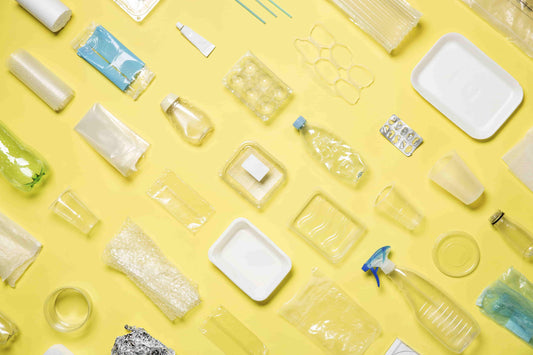Sustainability
Odor Elimination in Recycled Plastics: Characterization & Mitigation Strategies

Language: English
Length: 90 min
Course Description
Odor in recycled plastics is tough to diagnose and tougher to fix. Mixed feedstocks, legacy contaminants, and thermal history generate volatile compounds that fail VOC/FOG specs and trigger customer rejections. Teams often lack a repeatable way to trace odor back to source, choose the right test method, and select a mitigation route that works at line speed without hurting properties or costing.
This course gives you a clear, end-to-end workflow from root-cause identification to characterization (instrumental + sensory) and mitigation (process adjustments, deodorization/washing, adsorption/scavengers, controlled masking). You’ll leave with practical guardrails you can apply to rPP, rPE, rPET, and more - plus how to show before/after evidence your customers will accept.
This course gives you a clear, end-to-end workflow from root-cause identification to characterization (instrumental + sensory) and mitigation (process adjustments, deodorization/washing, adsorption/scavengers, controlled masking). You’ll leave with practical guardrails you can apply to rPP, rPE, rPET, and more - plus how to show before/after evidence your customers will accept.

Luis Roca
AIMPLAS
0 courses
See Tutor Profile
Why should you view this course?
Who should join this course?
-
This course is suitable for intermediate level proficiency
Intermediate
Questions you will be able to answer after this course:
Course Outline
Prerequisites for this course
30 min Q & As for this course

Share this Course
Share this Course
https://courses.specialchem.com/products/odor-elimination-in-recycled-plastics-characterization-mitigation-strategies

